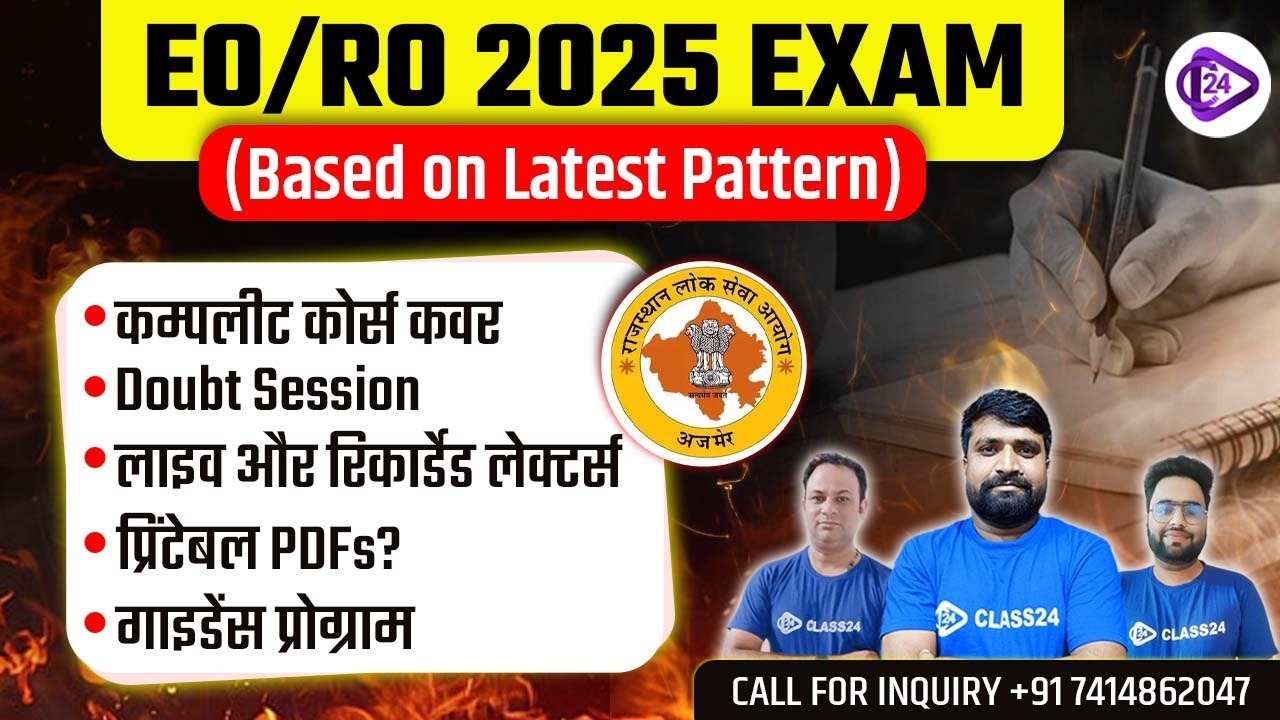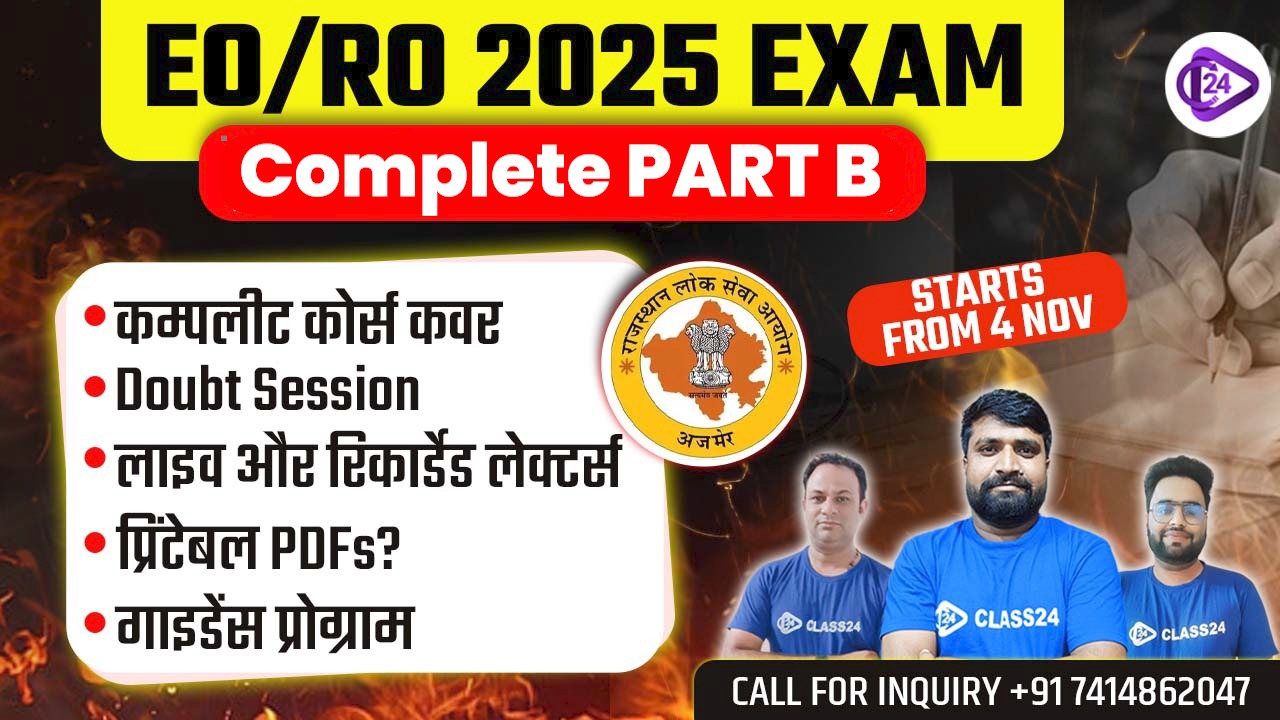
Sri Lanka saw a change of the guard in political leadership when President Anura Kumara Dissanayake dissolved the National Peoples Power Party (NPP) in a bid to contest for the parliamentary polls. The incumbent New Patriotic Party, NPP secured one hundred and fifty nine with a two third majority which is very important for the passing of major legislative changes post which the said was garnered by the NDC. This outcome evidences the expanding voter appeal of the coalition and the shifting voter psychographic characteristics throughout the island country.
The opposition Samagi Jana Balavegaya (SJB) won 40 seats it defended, while the Rajapaksa party, which has been one of the most dominant forces in Sri Lanka’s politics over the past decades, secured only 3 seats. This electoral wipeout of the Rajapaksas has been a thumbs down to their economic measures as well as their style of governance which invited charges of corruption and maladministration, especially during the recent Sri Lankan economic melt down.
Possibly the biggest highlight of the NPP’s victory was the party’s showing where Tamil and Muslims formed the majority of the population. The coalition registered a better performance in these areas than in the September presidential elections. This, according to the analyst is due to the inclusiveness of the NPP and its pledge to resolve other core grievances of the ethnic groups, a sensitive concern in the country.
In order to gain political power the NPP has set itself an agenda of defending democratic liberties, the rights and freedoms as well as calling for political reforms to regain the people’s trust. But, the civil team faces several problems despite the great celebration of the victory. This has the difficult challenge of fulfilling expectations while attempting to govern the coalition. Ethnic reconciliation is the most important issue here apart from the economic recovery and the general process of healing that most affected communities in both the regions need.
The political change in Sri Lanka has brought a lot of interest from countries such as India and other super powers with interest in the region’s stability. People are therefore interested in how the NPP will overcome these difficulties and what it suggests for the area.
Relevance: The understanding of political transitions in South Asia is pertinent for SSC and UPSC aspirants hence this post as it aligns with the theme of India’s neighborhood policy, regional geopolitics and governance reforms and its effects on international relations.
Chat With Us


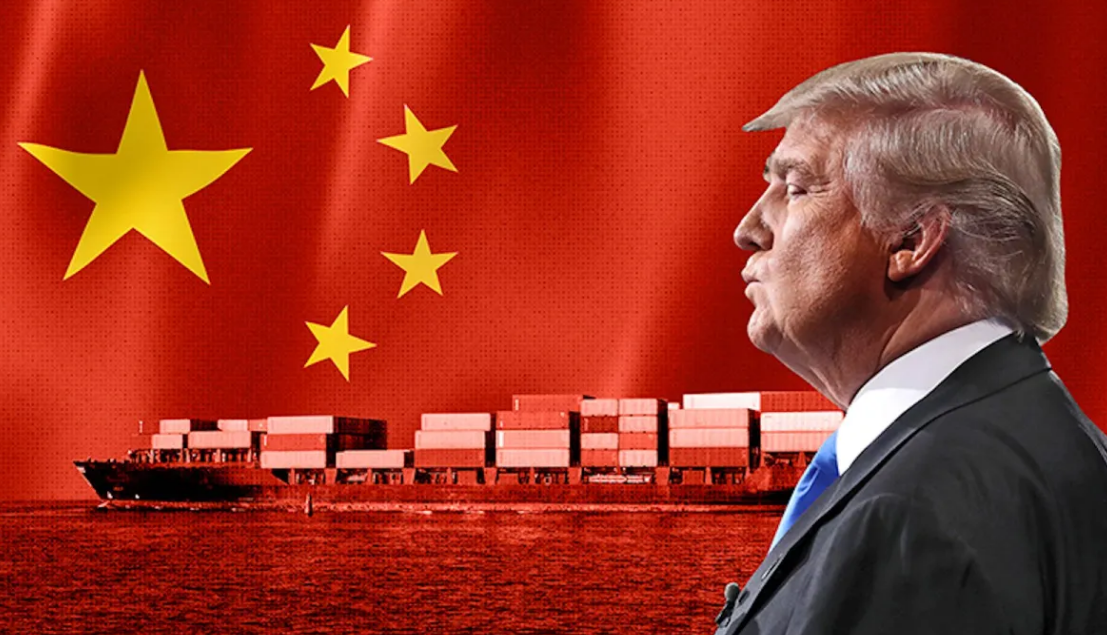 Donald Trump high Traffics on Chinese Imports
Donald Trump high Traffics on Chinese Imports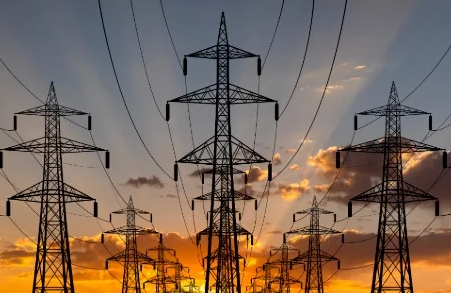 Nepal Bangladesh Power Cooperation Via India
Nepal Bangladesh Power Cooperation Via India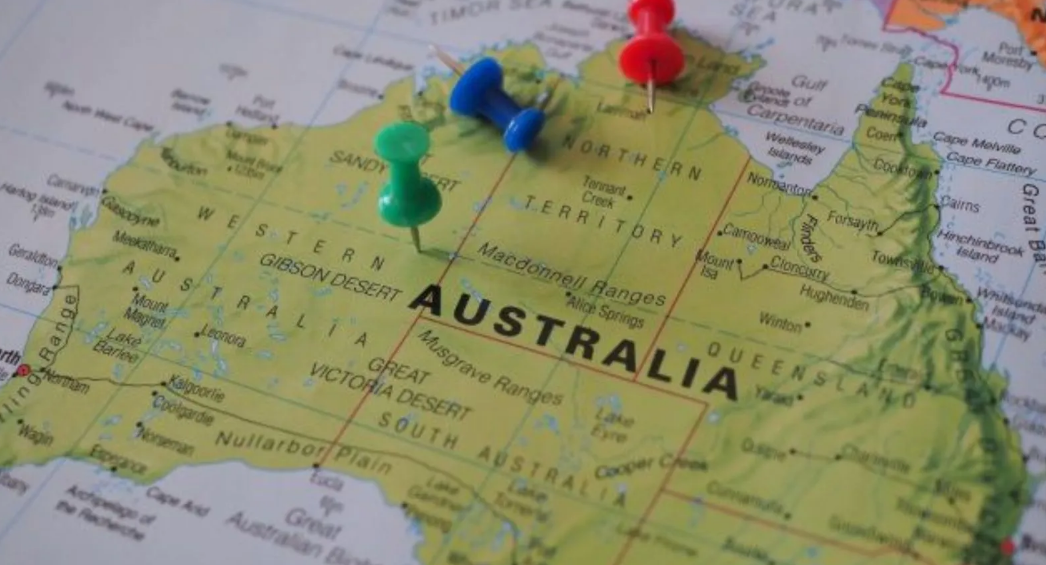 Australia Mates Scheme Indian Graduates Career Opportunities
Australia Mates Scheme Indian Graduates Career Opportunities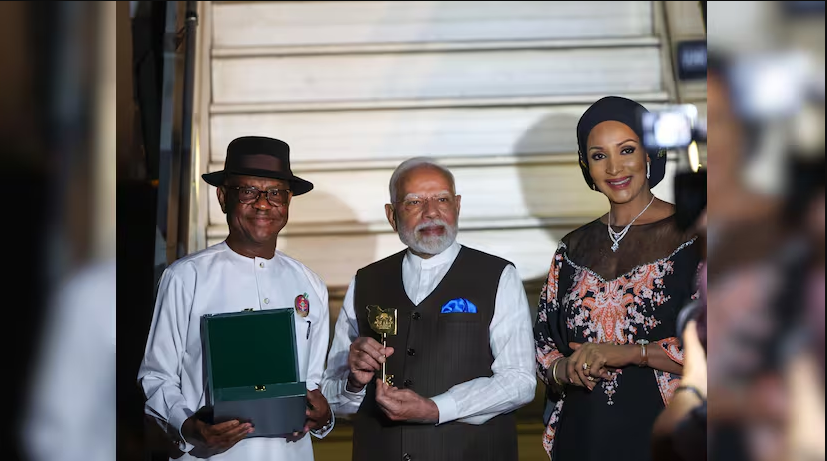 PM Modi Three-Nation Tour 2024
PM Modi Three-Nation Tour 2024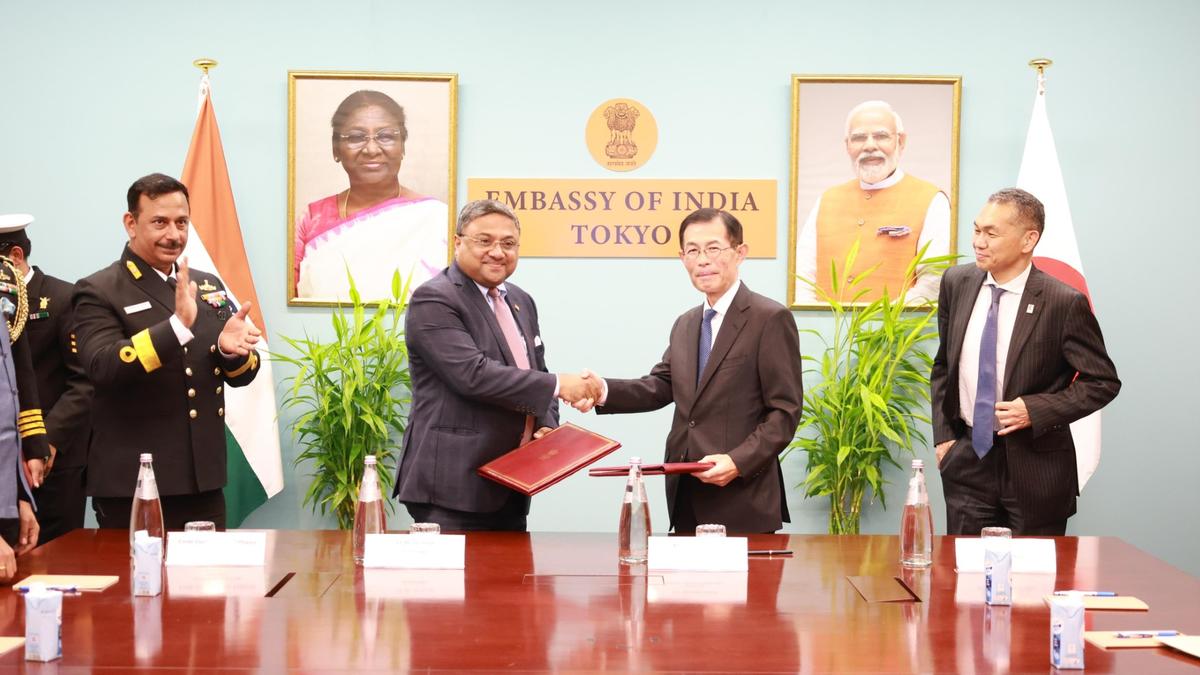 India and Japan Sign MoI for UNICORN Masts
India and Japan Sign MoI for UNICORN Masts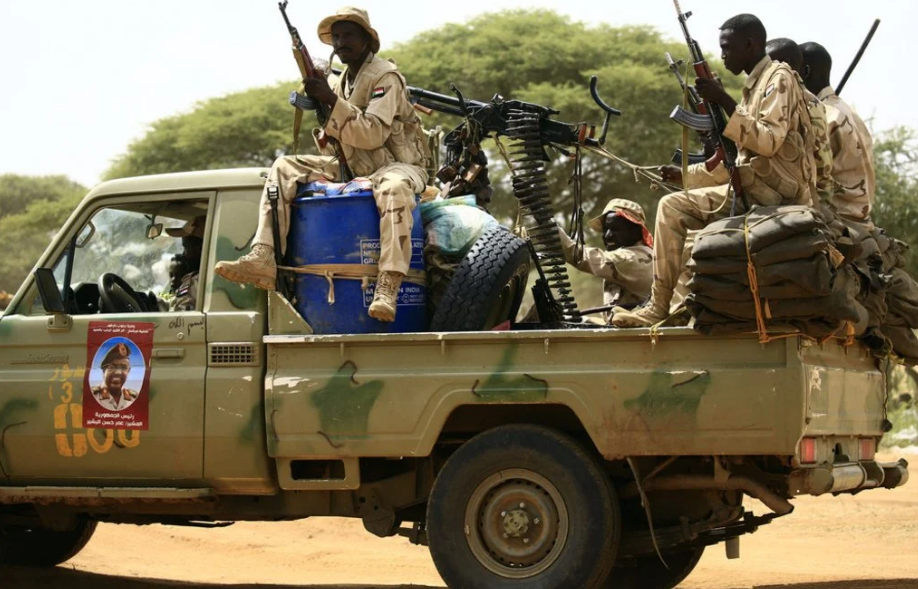 Amnesty Sudan Arms Embargo Violations
Amnesty Sudan Arms Embargo Violations Samantha Harvey Wins the 2024
Samantha Harvey Wins the 2024 Shift Local Currency Trade India Russia
Shift Local Currency Trade India Russia Global CO2 Emissions Rise in 2024
Global CO2 Emissions Rise in 2024


